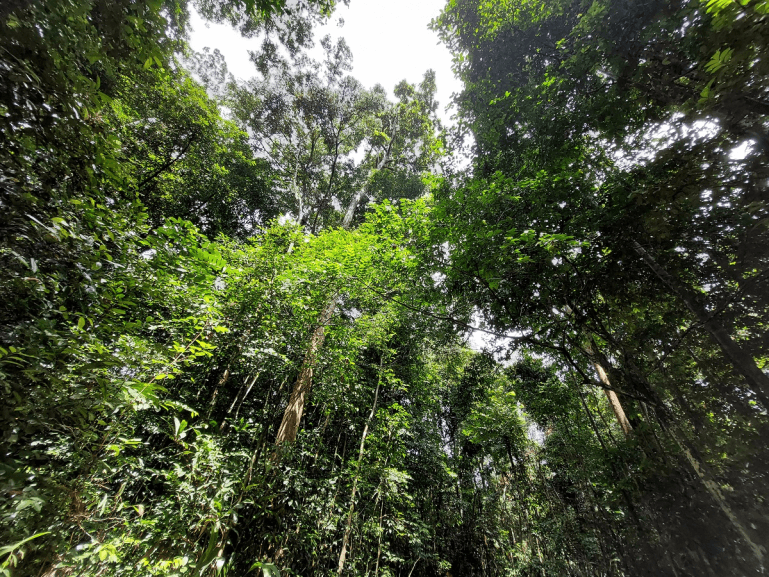Link(s) :


03.03.2023
Port Atlantique La Rochelle, committed to the development of more efficient and environmentally friendly logistics, has decided to set up actions in favour of importing products that do not contribute to imported deforestation.

To carry out this policy of improving performance, it was decided to work on several levels by evaluating, informing, supporting and acting in a pragmatic way on the subjects concerned. It is within this framework that this major seaport has entrusted Emmanuel Groutel, a specialist in international wood flows, with a mission to accompany this project.
Emmanuel Groutel reminds us that the European Union Timber Regulation (EUTR) is changing and evolving into the EUDR, the European Union Deforestation Regulation.
EUTR: 10 years already
Since 2013, operators who import timber and timber products are required to comply with the European Union Timber Regulation (EUTR), a text that aims to keep illegally harvested timber resources off the EU market.
In this context, companies must verify that the timber has been harvested in accordance with the national legislation applicable in the country of harvest (whether or not that country of harvest is European). This is done through, among other things, due diligence, which collects information on suppliers and assesses possible risks. Sustainable management certifications such as PEFC or FSC actively contribute to the reduction of these risks.
The EUDR, a broader scope with greater responsibilities
According to the FAO (Food and Agriculture Organization), 420 million hectares of forest were lost worldwide between 1990 and 2020 and it is estimated that the European Union, through its consumption, represents about 10% of this deforestation. It is therefore easy to understand that this global problem is also a European problem.
On December 6, 2022, the EU reached an agreement on a new law to prevent companies from placing products linked to deforestation and forest degradation on the EU market or exporting them from the EU.
With the EUDR, there is a shift in scale from combating illegality to eradicating imported deforestation. While the EUTR only covered timber, the EUDR covers beef, palm oil, soy, coffee, cocoa and timber, as well as some of their derivatives.
This regulation also goes beyond national rules: to enter the European market, products will not only have to be legal according to the standards of the producing country, but also free of deforestation and forest degradation. Stronger traceability and transparency obligations will be required. Producing countries will also be classified by risk levels. As with the EUTR, marketers will be required to implement due diligence.
Finally, while importers are primarily concerned, traders are also affected.
Sanctions: annual controls will be included to check whether companies and products comply with the legislation. These sanctions will have to cover at least 4% of a company's turnover in the EU. In addition to fines and confiscation of goods, violators will risk a ban on practicing their professions.
Further details will be released as actions are implemented.
Our member and partner LCB (Le Commerce du Bois), in its capacity as a EUTR monitoring organization, will support Port Atlantique La Rochelle in its commitments to fight against imported deforestation.
***
Link(s) :